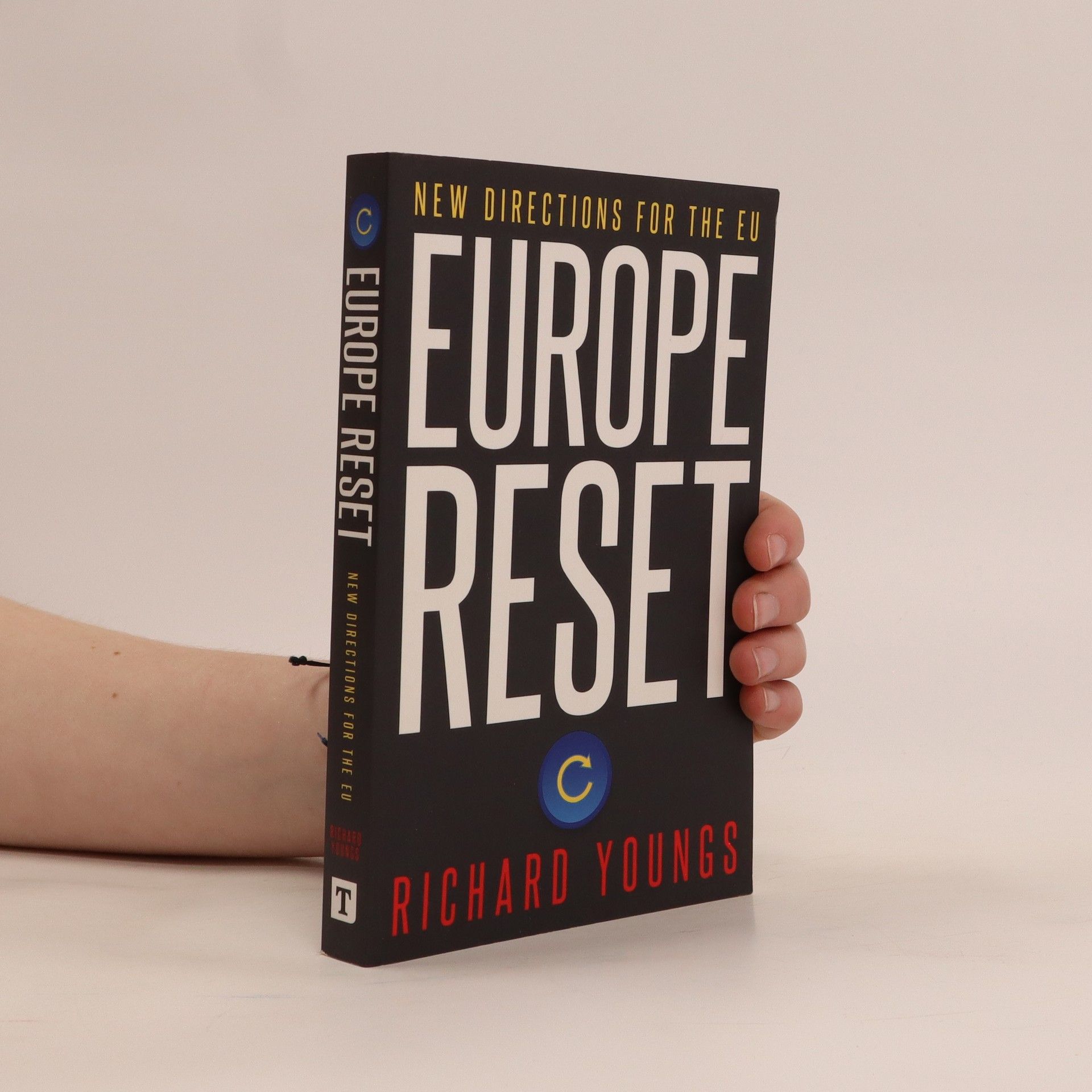Geoliberal Europe and the Test of War
- 224 pages
- 8 hours of reading
Richard Youngs examines the policy challenges and choices now facing Europe in the wake of Russia's war with Ukaraine.




Richard Youngs examines the policy challenges and choices now facing Europe in the wake of Russia's war with Ukaraine.
In recent years serious concerns emerged over the state of European democracy. Many democracy indices are reporting a year-on-year drift towards less liberal politics in the countries of the European Union. Polls regularly suggest that the voters are coming to question democratic norms more seriously than for many decades.Here, Richard Youngs assesses these risks as many analysts, journalists and politicians stressed the danger of Europe descending into an era of conflict, driven by xenophobic nationalism and nativist authoritarians slowly dismantling liberal democratic rights. In 2020, the Covid-19 pandemic has intensified these fears. There is another side of the democratic equation, however. Youngs argues that governments, EU institutions, political parties, citizens and civil society organisations have gradually begun to push back in defence of democracy. With each chapter, Youngs shows how many governmental, political and social actors have developed responses to Europe's democratic malaise at multiple levels. Europe's democracy problems have been grave and far-reaching. Yet, a spirit of democratic resistance has slowly taken shape.This book argues that the pro-democratic fightback may be belated, but it is real and has assumed significant traction with various types of democratic reform underway, including citizen initiatives, political-party changes, digital activism and EU-level responses.
In the last decade, the EU has been hit by a series of crises, most recently the UK's decision to leave the union following the Brexit referendum. In light of this, questions have been raised about the need to reform the whole model of European integration, with the aim of making the union more flexible and more accountable. In this book, Richard Youngs proposes an alternative vision of European co-operation and shows how the EU must re-invent itself if it is to survive. He argues that citizens should play a greater role in European decision-making, that there should be radically more flexibility in the process of integration and that Europe needs to take a new, more coherent, approach to questions of defence and security. In proposing this model for a `reset' version of Europe, Youngs reinvigorates the debate around the future of Europe and puts forward a new agenda for the future of the EU.